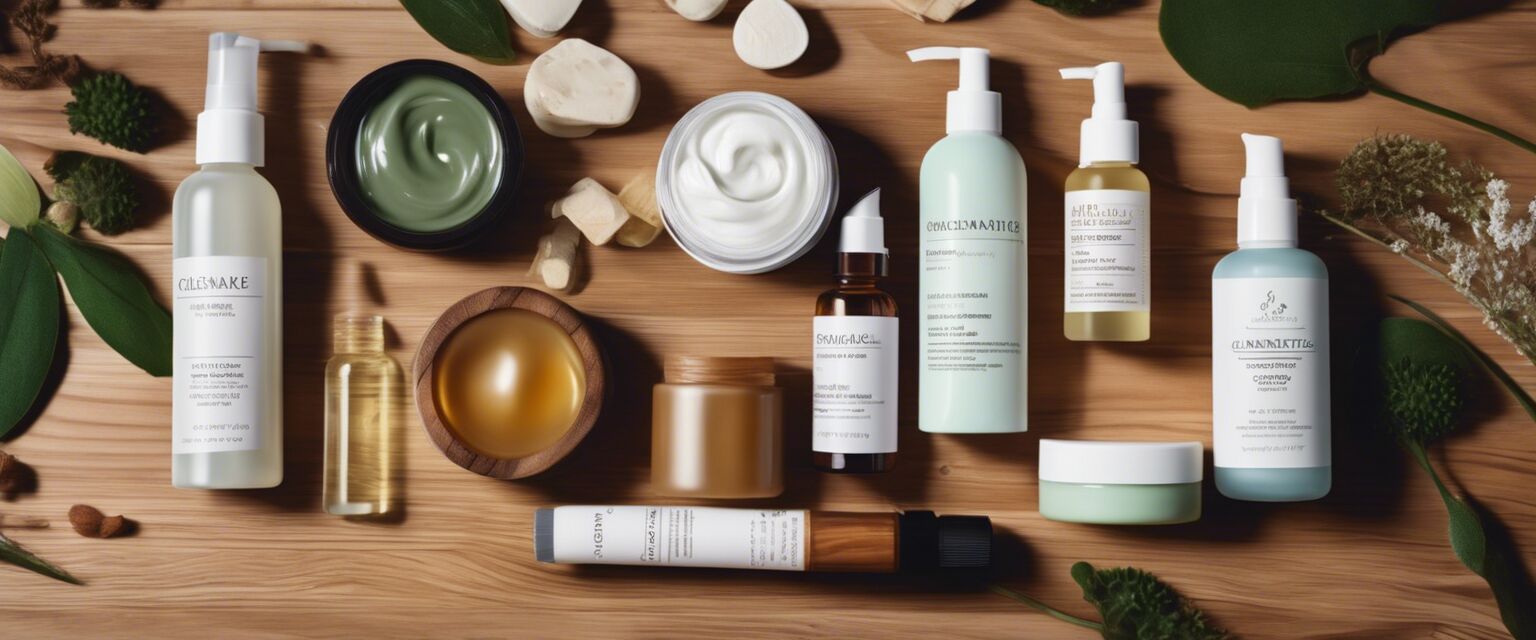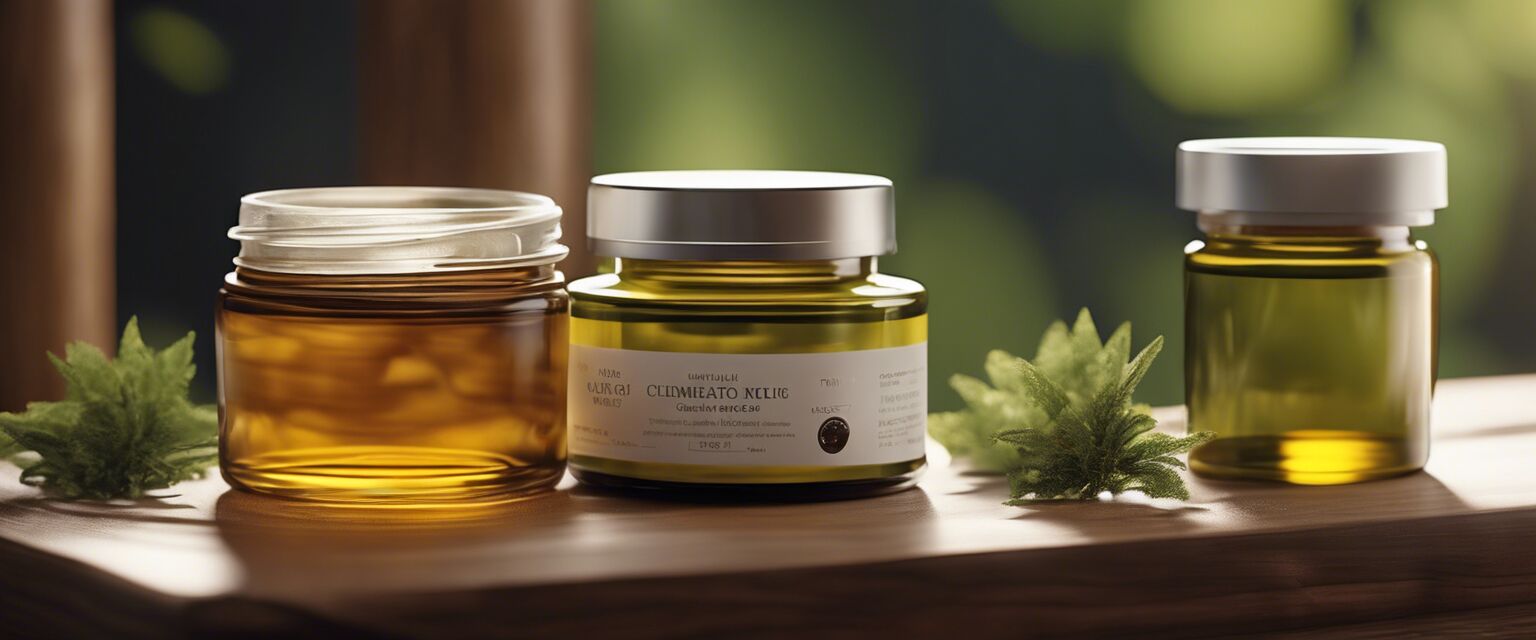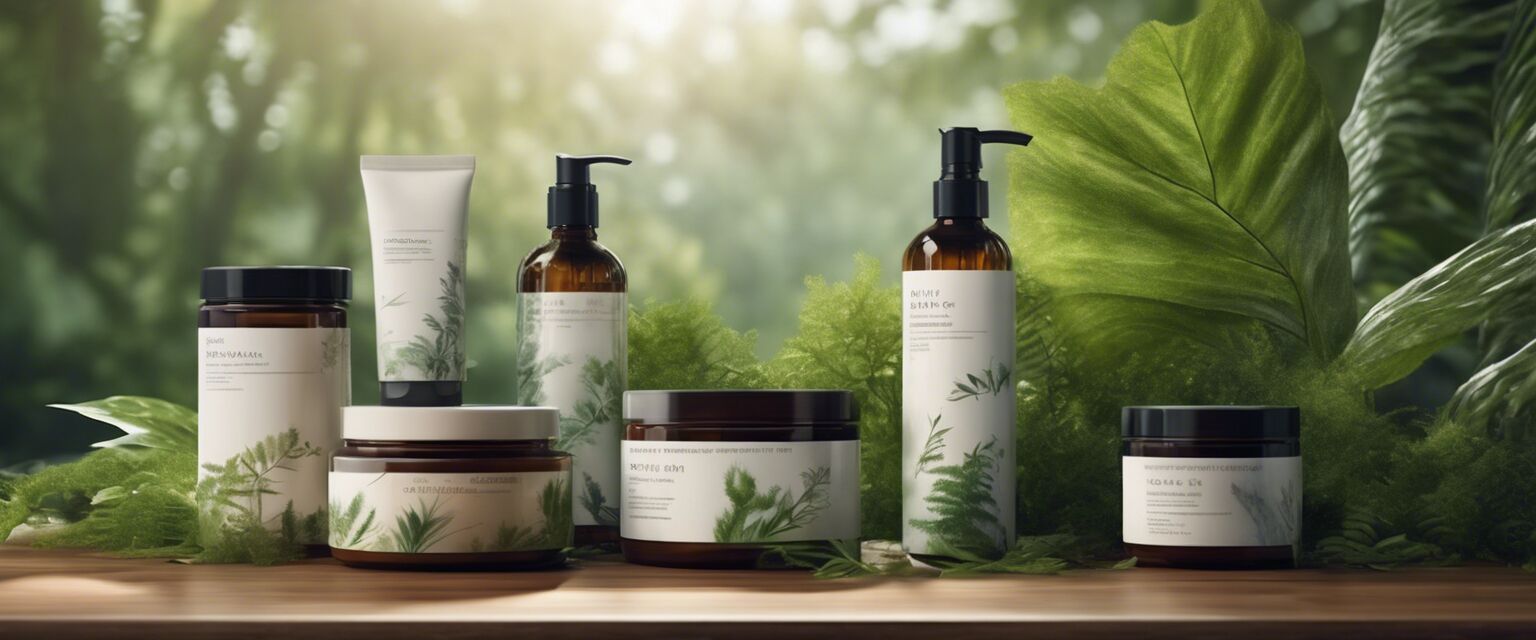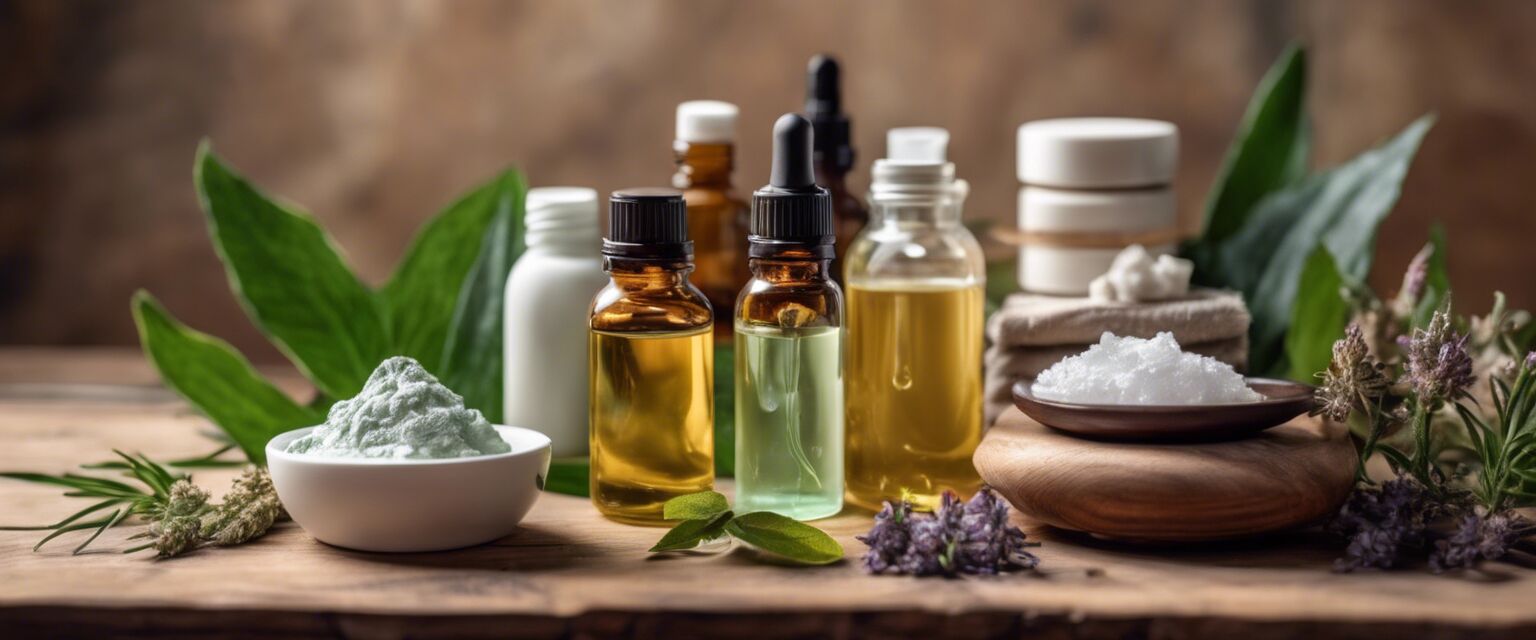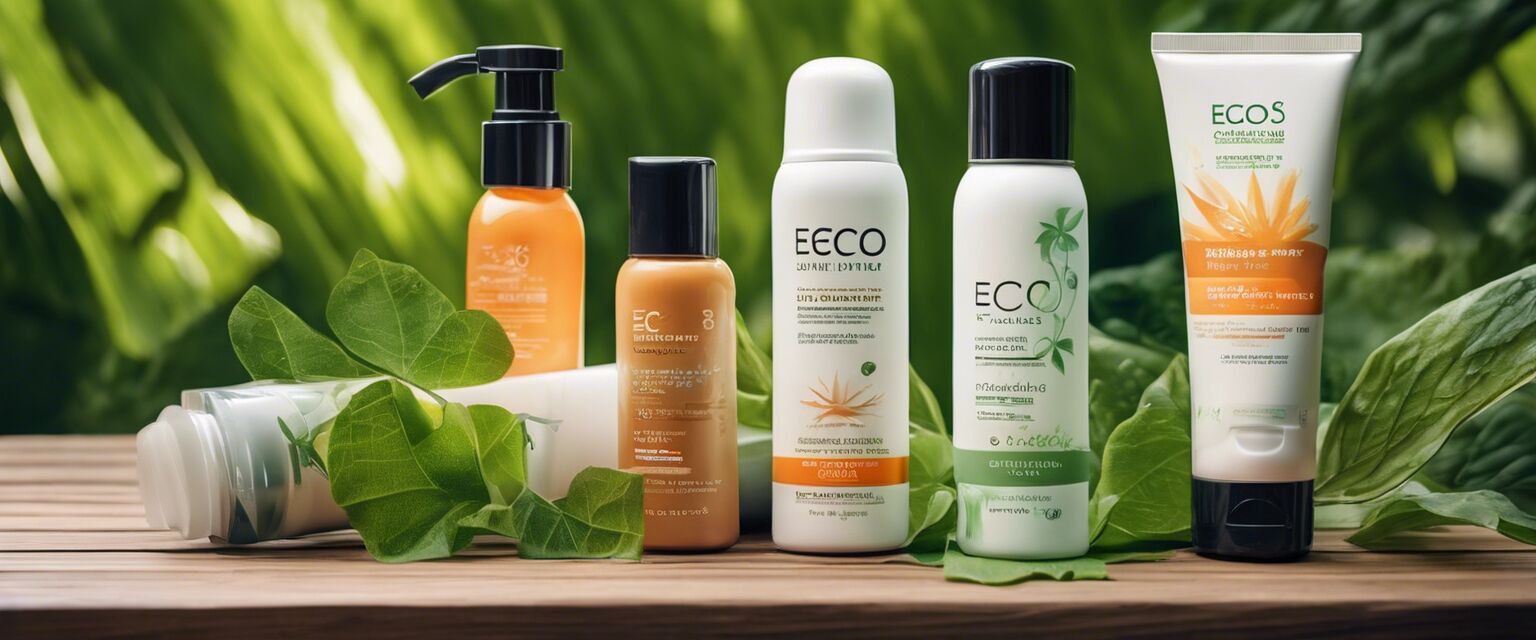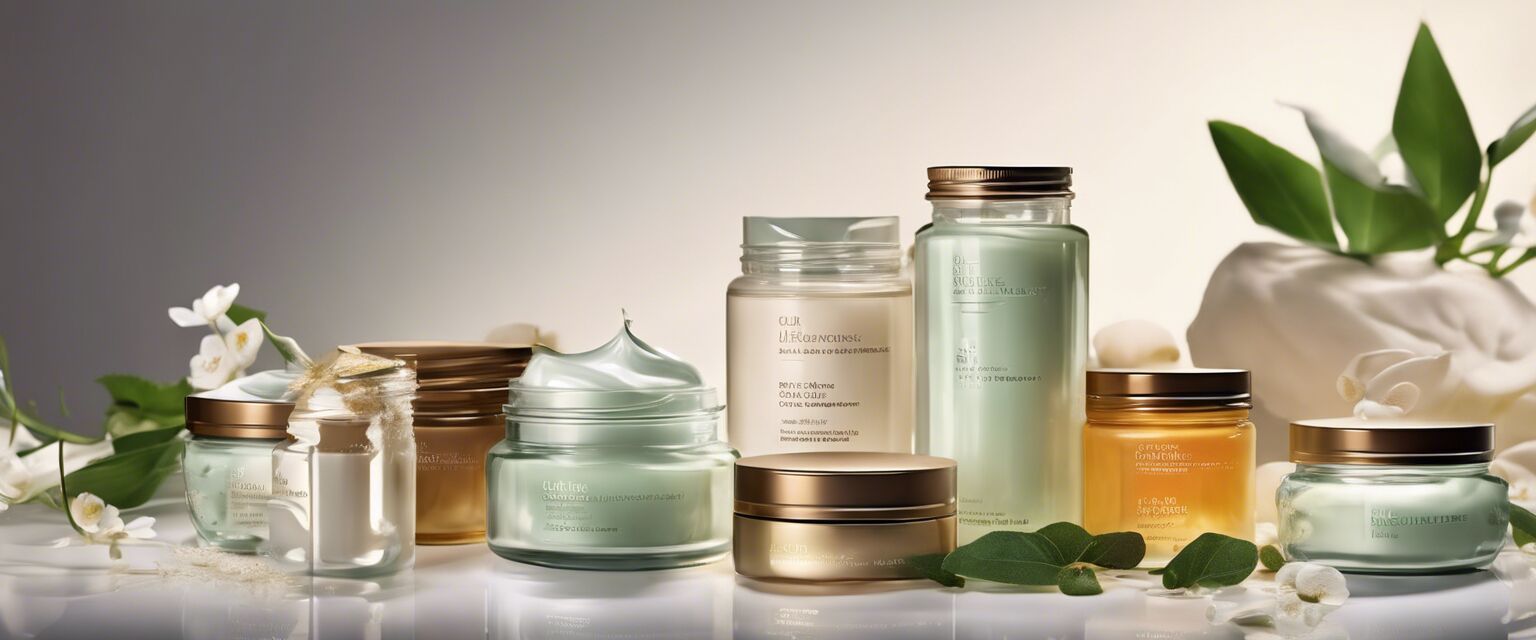
Organic Moisturizers
Key Takeaways
- Organic moisturizers are made from natural ingredients that hydrate and nourish the skin.
- Common ingredients include aloe vera, shea butter, and essential oils.
- Choosing the right moisturizer depends on skin type, concerns, and personal preferences.
- Customer reviews often highlight the effectiveness and pleasant textures of organic products.
- For a comprehensive selection, check out our Moisturizers category.
In the world of skincare, moisturizers play a crucial role in maintaining hydration and overall skin health. With the increasing demand for natural and organic products, many consumers are turning to organic moisturizers to provide effective hydration without harsh chemicals. This guide explores various organic moisturizers, their ingredients, benefits, and user experiences.
What are organic moisturizers?
Organic moisturizers are skincare products formulated with natural ingredients that are derived from plants and other organic sources. They are designed to hydrate the skin, improve its texture, and provide essential nutrients without the use of synthetic chemicals. The appeal of organic moisturizers lies in their ability to nourish the skin while minimizing the risk of irritation and adverse reactions.
Common ingredients found in organic moisturizers
Understanding the ingredients in your moisturizer can help you choose the best product for your skin type. Here are some popular organic ingredients used in moisturizers:
| Ingredient | Benefits |
|---|---|
| Aloe Vera | Soothes and hydrates the skin; rich in vitamins and minerals. |
| Shea Butter | Deeply moisturizes and nourishes; contains fatty acids that help repair skin. |
| Coconut Oil | Provides intense hydration; has antibacterial properties. |
| Jojoba Oil | Balances oil production; mimics skin's natural oils. |
| Essential Oils (e.g., lavender, tea tree) | Adds fragrance and potential skincare benefits; can have calming or purifying effects. |
Benefits of using organic moisturizers
Organic moisturizers offer numerous advantages over conventional products. Here are some key benefits:
- Natural Ingredients: Organic moisturizers utilize plant-based ingredients that are less likely to irritate the skin.
- Environmentally Friendly: Many organic brands prioritize sustainability and ethical sourcing.
- Rich in Nutrients: Natural ingredients are often packed with vitamins, minerals, and antioxidants that benefit the skin.
- Variety for Different Skin Types: There are organic options available for all skin types, including sensitive, dry, oily, and combination skin.
How to choose the right organic moisturizer
When selecting an organic moisturizer, consider the following factors:
- Skin Type: Identify whether your skin is dry, oily, combination, or sensitive to find a suitable product.
- Ingredients: Look for ingredients that cater to your specific skin concerns.
- Texture Preference: Some people prefer lightweight lotions, while others may opt for richer creams or balms.
- Fragrance: Be mindful of any potential sensitivities to scents; choose unscented options if necessary.
- Brand Reputation: Research the brand's values, sourcing practices, and customer reviews for insights.
User experiences with organic moisturizers
Many users report positive experiences with organic moisturizers. Here are some common themes from customer reviews:
| User Feedback | Common Themes |
|---|---|
| Hydrating | Users often highlight the deep hydration provided by organic moisturizers. |
| Non-Irritating | Many individuals with sensitive skin appreciate the gentle formulas. |
| Natural Fragrance | Customers enjoy the subtle, natural scents from essential oils. |
| Improved Skin Texture | Users report smoother and softer skin after regular use. |
| Eco-Friendly | Many consumers prefer organic products due to their sustainable practices. |
Popular types of organic moisturizers
Organic moisturizers come in various forms, each catering to different preferences. Here are some popular types:
- Lotions: Lightweight and easily absorbed, ideal for daily use.
- Creams: Thicker consistency for intense moisture, great for dry skin.
- Balms: Rich and concentrated, perfect for very dry areas.
- Gels: Refreshing and lightweight, often used for oily skin.
Where to find organic moisturizers
To explore a wide range of organic moisturizers, you can visit our Moisturizers category. You will find options that cater to various skin types and concerns.
Tips for using organic moisturizers effectively
Beginners Section
- Apply on damp skin to lock in moisture.
- Use gentle, upward strokes for application.
- Incorporate a moisturizer into your daily skincare routine.
- Patch-test new products to avoid reactions.
Conclusion
Organic moisturizers present a fantastic alternative to traditional moisturizers, providing hydration while utilizing natural ingredients. With various options available, itâs essential to choose a product that aligns with your skin type and concerns. By considering the benefits of organic moisturizers and the experiences of other users, you can find a product that not only nourishes your skin but also aligns with your values. For more information on different skincare categories, check out our Body Care section.
Pros
- Natural ingredients with minimal chemicals.
- Suitable for sensitive skin.
- Eco-friendly and sustainable options.
- Wide variety to cater to different skin types.
Cons
- Can be more expensive than conventional moisturizers.
- Not all organic products are created equal; quality may vary.
- Some may have shorter shelf lives compared to synthetic products.



